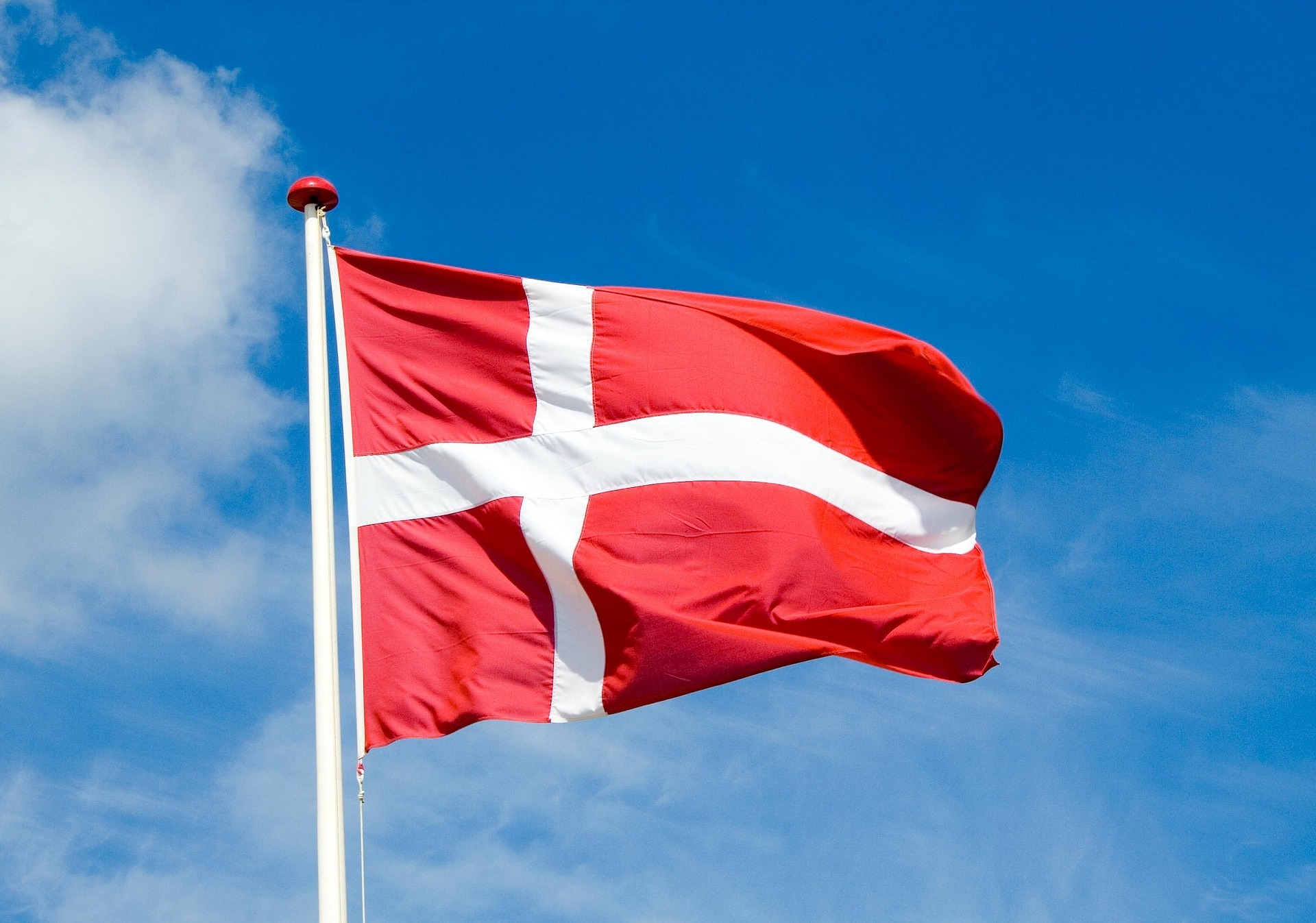Denmark Asks Nord Stream 2 to Assess Third Route Option for Gas Pipeline
COPENHAGEN (Reuters) - The Danish Energy Agency has requested an environmental assessment of a third route option for the Nord Stream 2 gas pipeline in Danish waters, a move that could delay the project to pump Russian gas to Europe.
The 765-mile (1,225-km) pipeline, now under construction, has come under fire from the United States and several eastern European, Nordic and Baltic Sea countries which fear it will increase the European Union's reliance on Russian gas.
The project has two pending permit applications with Danish authorities but the energy agency has asked that a third route secure an environmental assessment. The route would run in Denmark's exclusive economic zone south of Bornholm island.
"It is an area that has become available after a demarcation negotiation with Poland has ended," Danish Energy Agency spokesman Ture Falbe-Hansen told Reuters, adding it should be environmentally assessed by Denmark and neighboring states.
"It will take several months, but it's not possible to say how long it'll take," he said.
Nord Stream 2 spokesman Jens Mueller said on Thursday the company would evaluate the request from the Danish Energy Agency but did not say if it would delay the project.
Four countries - Finland, Sweden, Germany and Russia - have approved the pipeline's construction. Denmark has held out.
Denmark passed a law in 2017 that could allow it to ban the pipeline from passing through its territorial waters on security grounds. That would lead to rerouting the pipeline but would not derail the project.
Nord Stream 2 proposed an alternate route last year that would route the pipeline through Denmark's exclusive economic zone waters but not its territorial waters.
The company said this week there was "good reason" to believe Denmark would process the proposal within eight to 12 months, allowing the pipeline to be finished on schedule.
The 11 billion euro ($12 billion) Nord Stream 2 project is led by Russian state energy firm Gazprom, with some 50 percent of the funding provided by Germany's Uniper and BASF's Wintershall unit, Anglo-Dutch firm Shell, Austria's OMV and France's Engie .
Related News
Related News

- Intensity, Rainbow Energy to Build 344-Mile Gas Pipeline Across North Dakota
- Energy Transfer to Build $5.3 Billion Permian Gas Pipeline to Supply Southwest
- Enbridge Sees High Demand to Expand 593-Mile Canada-to-U.S. Gulf Oil Pipeline
- Strike Pioneers First-of-Its-Kind Pipe-in-Pipe Installation on Gulf Coast with Enbridge
- 208-Mile Mississippi-to-Alabama Gas Pipeline Moves Into FERC Review
- A Systematic Approach To Ensuring Pipeline Integrity
- 275-Mile Texas-to-Oklahoma Gas Pipeline Enters Open Season
- LNG Canada Start-Up Fails to Lift Gas Prices Amid Supply Glut
- Strike Pioneers First-of-Its-Kind Pipe-in-Pipe Installation on Gulf Coast with Enbridge
- Enbridge Sees High Demand to Expand 593-Mile Canada-to-U.S. Gulf Oil Pipeline





Comments